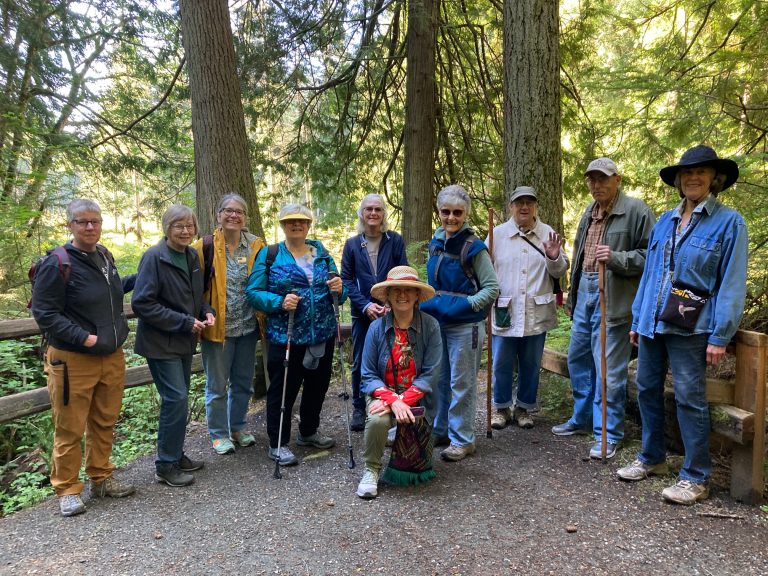 A Conversation About Alzheimer’s or Dementia is contributed by Carrie McBride, Alzheimer’s Association | Spring 2021
A Conversation About Alzheimer’s or Dementia is contributed by Carrie McBride, Alzheimer’s Association | Spring 2021
If you notice signs of Alzheimer’s or dementia in yourself or someone you know, don’t ignore them. Early detection makes a world of difference, and so does the way you approach the conversation with a family member or friend. Talking about your concerns may be challenging, so the Alzheimer’s Association offers these tips:
Have the Conversation as Early as Possible
Have the conversation as early as possible. Ideally, it’s best to talk about Alzheimer’s or dementia before symptoms occur, so you can understand how someone would want to be approached. However, if you’re noticing warning signs, start a conversation as soon as possible before a crisis occurs.
Determine Who Should Initiate the Conversation About Alzheimer’s or Dementia
Think about who’s best suited to initiate the conversation. There might be a certain family member, friend or trusted advisor who holds sway. Consider asking this person to help. Make plans for how to have the most supportive and productive conversation.
Practice Conversation Starters
The following phrases can help:
- How have you been feeling lately? You haven’t seemed like yourself.
- I’ve noticed some changes in you and I’m concerned. Have you noticed anything? Are you worried about it?
- Would you want me to say something if I ever notice changes in your memory or behavior that worry me?
Offer Your Support and Companionship
Seeing a doctor to discuss memory loss concerns may create anxiety. Let your loved one know you’re willing to accompany them to the appointment and any follow-up assessments. Offer your continuous support throughout the process.
Anticipate Gaps in Self-Awareness.
Sometimes people showing warning signs of Alzheimer’s or other types of dementia are unable to recognize those signs in themselves. Be prepared to navigate confusion, denial, and withdrawal, as they may not want to accept that their memory and cognition are changing.
Recognize the Conversation May Not Go as Planned
Despite your best intentions, your loved one may not be open to discussing memory or cognitive concerns. They may get angry, upset and defensive or simply refuse to talk about it. Unless it’s a crisis situation, don’t force the conversation. Take a step back, regroup and revisit the subject in a week or two. If they still refuse to get help, consult their physician or the Alzheimer’s Association for strategies to help.
Carrie McBride
Director, Marketing & Communications
Carrie joined the Alzheimer’s Association in 2017, shortly after her sister was diagnosed with frontotemporal dementia at the age of 54. She also lost her father to dementia in 2013 and her mother is currently living with Alzheimer’s. Helping families like hers who are facing dementia is her passion and purpose. She lives in Coupeville with her husband and their two cats.
The Alzheimer’s Association is available 24/7 at 1.800.272.3900 for information, guidance, and support. Visit www.alzwa.org to learn more about local programs and services.





















